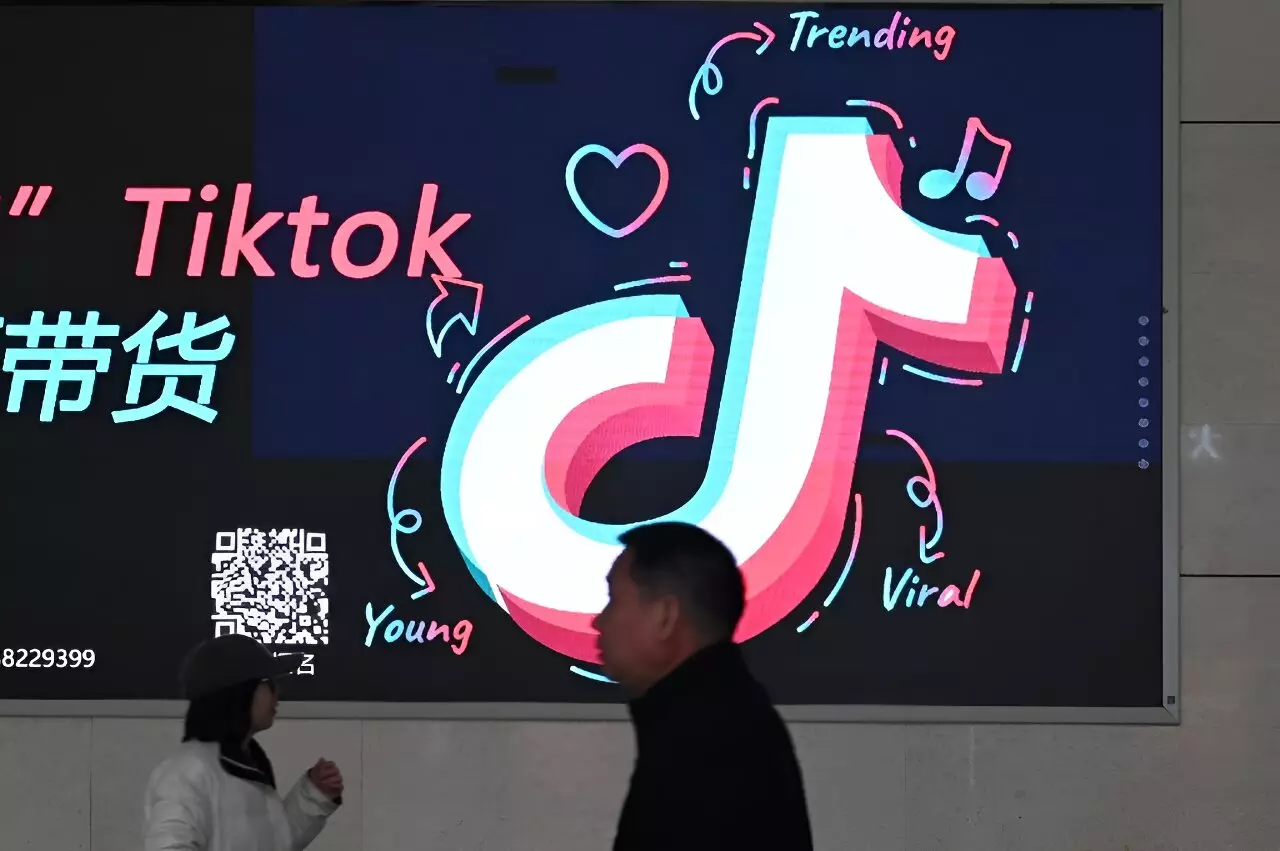The recent lawsuit filed by the United States accused TikTok of violating children’s privacy by collecting data about them without their parents’ permission while using the app. The Department of Justice and Federal Trade Commission (FTC) collaborated in a civil suit alleging that TikTok broke the Children’s Online Privacy Protection Act (COPPA).
Violation of COPPA
COPPA prohibits websites from gathering personal information about children under the age of 13 without obtaining parental consent. The lawsuit argues that since 2019, TikTok has been allowing children to use the app and collecting personal data from young users without informing their parents. Even accounts created in a “Kids Mode” intended for users under 13 collected email addresses and other personal information.
TikTok and its parent company, ByteDance, allegedly did not comply with requests from parents to remove their children’s accounts and data. Moreover, they had ineffective policies for identifying and deleting accounts created by children, as stated by justice department officials. The lawsuit claims that this action is essential to prevent the defendants from collecting and using children’s private information without parental consent or control.
National Security Threat
In response to a legal bid by ByteDance to avoid the forced sale of TikTok, the US Justice Department highlighted that TikTok’s collection of user data poses a national security threat. The Justice Department argued that the law addressing national security concerns did not violate free speech rights under the First Amendment, as claimed by TikTok.
The legal response to TikTok’s suit detailed concerns that ByteDance could comply with Chinese government demands for data about US users or engage in censorship or content manipulation. This raised national security concerns about the potential misuse of TikTok’s features to undermine American interests.
Looming Deadline
President Joe Biden signed a bill earlier this year, setting a deadline for TikTok to find a non-Chinese buyer by mid-January 2025 or face a US ban. ByteDance has stated that it has no intentions to sell TikTok, leaving the lawsuit as its primary option to prevent a ban, which may ultimately end up in the US Supreme Court.
The accusations against TikTok raise serious concerns about the protection of children’s privacy and national security. The outcome of this lawsuit will not only impact TikTok’s operations but also set a precedent for how tech companies handle user data and comply with privacy laws. The legal battle between TikTok and the US government will likely have far-reaching consequences for the tech industry as a whole.


Leave a Reply